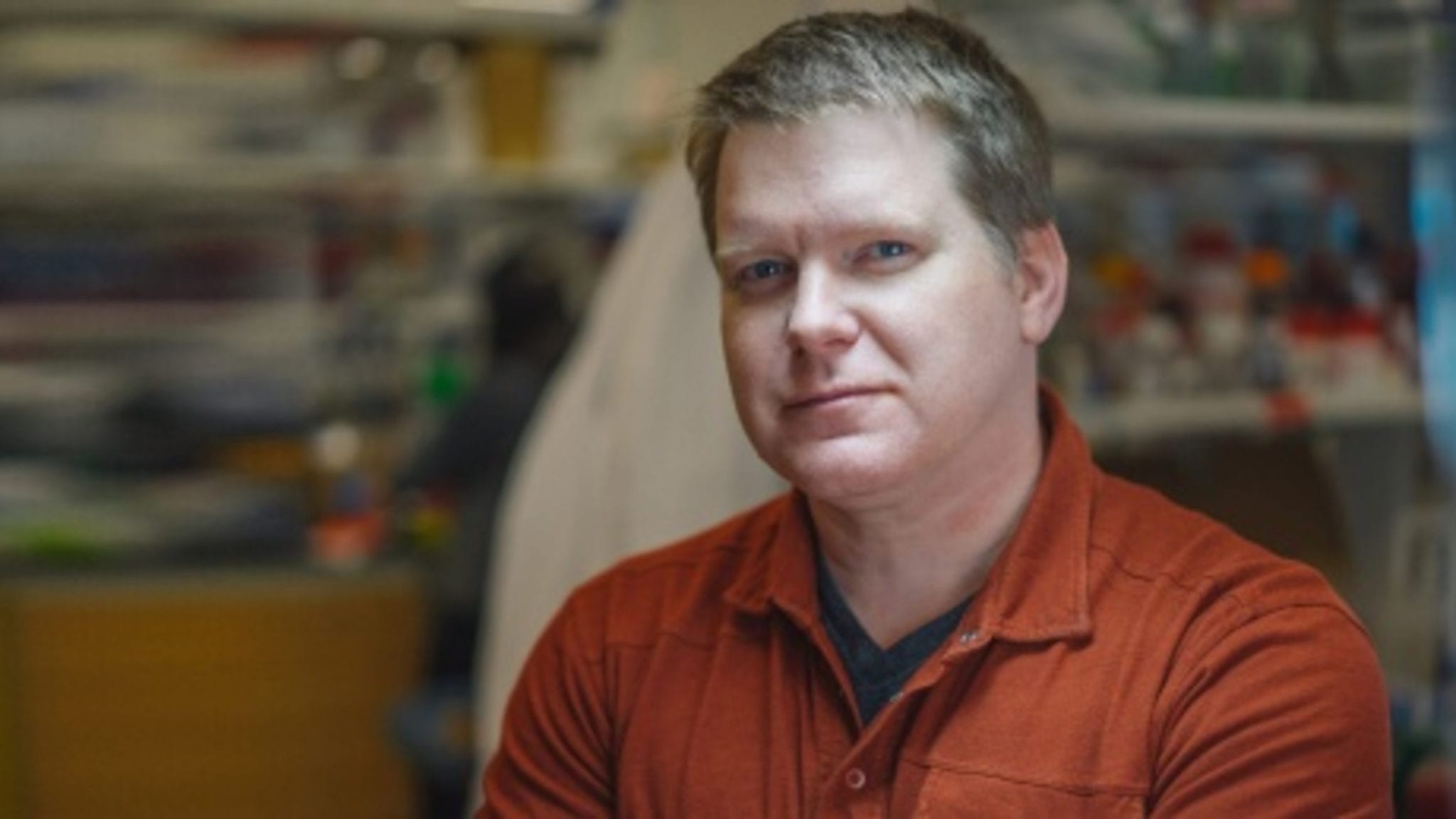
Darrell Irvine. MIT
Supercharging CAR-T with cancer vaccine, MIT team spotlights some new tech underpinning Darrell Irvine's startup
Many of the efforts to improve on the first generation of CAR-T therapies such that they can reach solid tumors had focused on tweaks inherent …
Sign up to read this article for free.
Get free access to a limited number of articles, plus choose newsletters to get straight to your inbox.